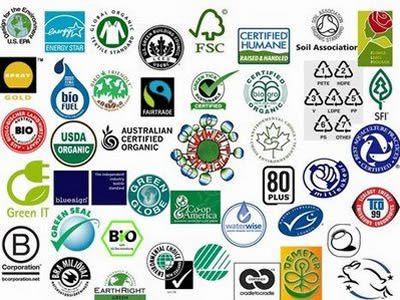 The sheer number of such schemes, such as the Marine Stewardship Council, the Rainforest Alliance, and the Better Cotton Initiative, is growing fast, but their number and complexity overwhelms some developing country exporters, for whom they can act as a barrier to market entry.
The sheer number of such schemes, such as the Marine Stewardship Council, the Rainforest Alliance, and the Better Cotton Initiative, is growing fast, but their number and complexity overwhelms some developing country exporters, for whom they can act as a barrier to market entry.
In 2012, exports of VSS-certified products were worth $36 billion, mostly composed of products from the cocoa, coffee, cotton, forestry, soya, sugar, and tea sectors.
"Voluntary standards are one of the most exciting trade developments, providing a new level of engagement with the private sector on consumer and B2B products," UNCTAD Deputy Secretary-General Joakim Reiter said at a public meeting of the World Trade Organization (WTO) in Geneva.
"But developing country producers risk becoming victims of the schemes' enormous success and governments all around the world must work harder to seize this opportunity which can accelerate us all towards the SDGs," he added, launching the 2nd flagship report by the UN Forum on Sustainability Standards (UNFSS).
The report notes how, in some regions of the world, voluntary standards have become a must-have for brands that wish to build trust with consumers. In a 60-country survey, for example, over 60% of respondents said they were willing to pay a premium for sustainable brands, up from 55% in 2013, and 50% in 2013.
Set up in 2013, the UNFSS is a joint initiative by five UN organizations – the Food and Agriculture Organization, the International Trade Centre, UNCTAD, the United Nations Environment Programme, and the United Nations Industrial Development Organization. It helps countries by providing analysis and building capacity. In India, for example, the UNFSS helped to establish the National Platform on Private Sustainability Standards.
VSS aims to make production and consumption more sustainable for the environment, society, health, and the economy too. The growth of VSS highlights how the private sector has a critical role to play in meeting the SDGs, including Goals 12 and 15 on sustainable consumption and production, and the sustainable use of terrestrial ecosystems.
Serious challenges remain, however. The proliferation of VSS means that producers can find compliance more complex and sometimes costly. Governments also have an important role to play to ensure the schemes remain accountable.
"We have enough experience to see how powerful these schemes can be, but governments will have to do more so that more schemes are more powerful," Mr. Reiter said.


